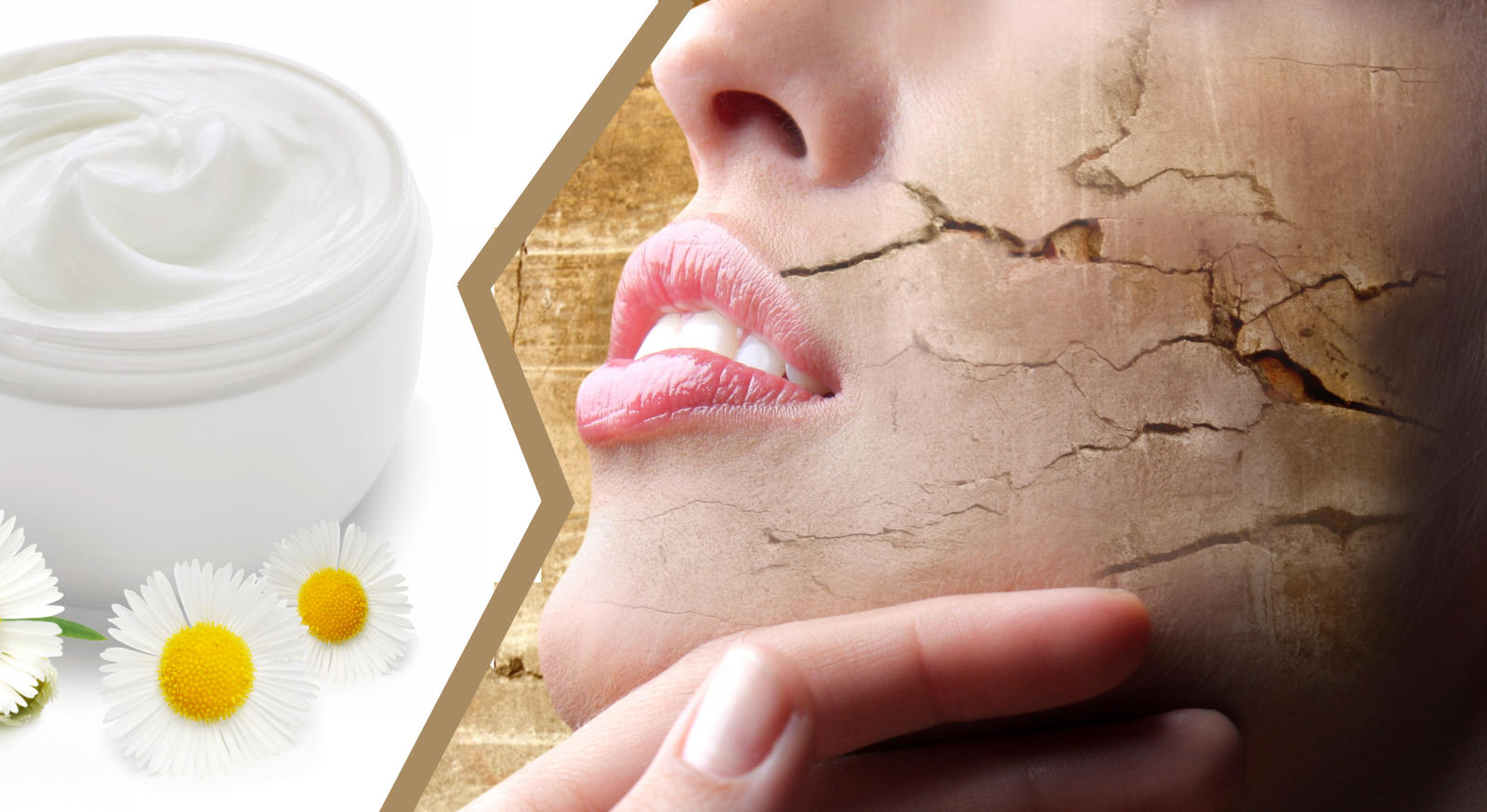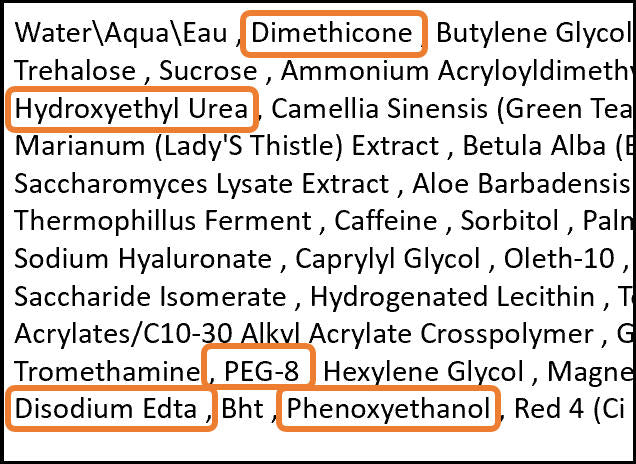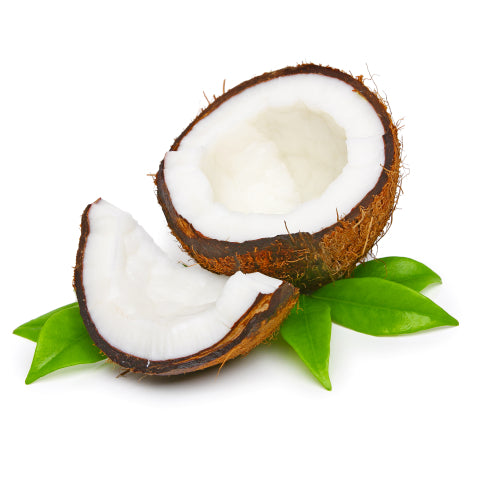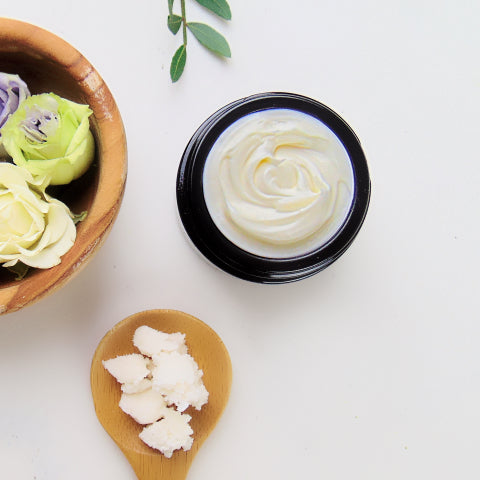
Sensitive skin is a real thing! If you go through life breaking out when you wear basic skin products or feel redness/ inflammation frequently when the weather changes or even if you suffer from some forms of dermatitis, you have sensitive skin.
Skin exists to protect everything under it (tissues, organ etc) from the environment. It forms a barrier. And that's it's primary job.

Skin exists to protect everything under it (tissues, organ etc) from the environment. It forms a barrier. And that's it's primary job.
So what causes sensitive skin?
Sensitive skin happens when your skin's barrier function is impacted. When your skin isn't able to stay strong and healthy, it becomes more susceptible to environmental toxins, pollutants, temperature fluctuations and reacts quickly. Diet and generics contribute to some of the internal factors. However, most of the time your skin might be acting up for slew of other reasons that you can definitely control
- Negative reactions to ingredients: Most mainstream products that aren't natural, contain a laundry list of ingredients that can cause and aggravate sensitive skin. Silicones in your favourite moisturizer, for instance (shows up frequently as Dimethicone in your ingredient's list), form a film on your skin and not let your skin breathe. While this ingredient makes your moisturizer feel slippery and sleek, your sweat and other dirt can get trapped between the film and your skin, congesting your pores and causing your skin to slowly breakout. That's just one example. There are way too many unsavory ingredients that cause or exacerbate skin allergies and you could be reacting without even knowing about it.
- Temperature and Humidity: Sudden changes in temperature or humidity can also cause your skin to behave badly. If your skin's barrier function is even slightly damaged, then your skin isn't that great at holding moisture in. The technical term for this is Trans Epidermal Water Loss (TEWL), which happens when your skin isn't doing it's job 100%. Colder weather and low humidity further suck out moisture from your skin, leaving it parched, red and irritated.
-
Pollution: Air pollutants are many and it's hard to not be exposed to any of them. You may be exposed to particulate matter from dust, herbicides or pesticides and toxins from industrial processes Then there are Poly Aromatic Hydrocarbons (PAH) which encompass everything from vehicular emissions, construction , asphalt, cigarette smoke etc. Then there are volatile and semi-volatile compounds coming from strong fragrances, paints, varnishes and even many household products!
All these pollutants create Reactive Oxygenated Species (ROS) otherwise known as free-radicals that deplete your skin of nutrients (anti-oxidants) quickly. Squalene, for example is an essential anti-oxidant ingredient in your skin that is first to go when you're exposed to pollution. Eventually, this results in compromising your skin barrier function again leading to sensitivities and reaction. A 2019 study examines the extent of skin damage from pollution, recording all the adverse effects to skin's barrier function that even cause premature skin aging.
What can you do to help your sensitive skin?
- Stop over exfoliating: Exfoliation is really important and helps slough away dry and dead skin cells. However, when your skin's barrier function is even slightly compromised, it's the worst thing you can do. It will only cause your skin to react even more and aggravate the situation. Instead, try to keep your skin clean with gentle, pH balanced cleansers (no soap). Then use very basic, gentle moisturizers and keep your skincare simple. Avoid strong serums or tons of makeup for a little while.
- Try natural personal care : Natural products rely heavily on botanicals and plant derived oils and butters. These ingredients are compatible with skin chemistry and are devoid of the generic toxins or irritants in generic skincare. Still, keep it simple and limit your skincare to a cleanser, toner and a moisturizer.
-







Leave a comment